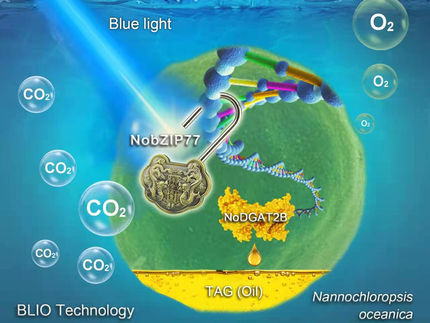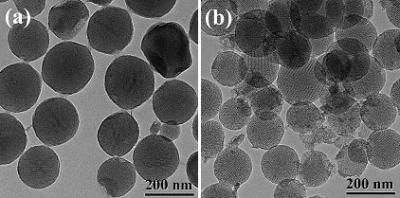ExxonMobil to Launch Biofuels Program
Focus is on Development of Advanced Biofuels from Photosynthetic Algae
Exxon Mobil Corporation announced an alliance with Synthetic Genomics Inc. (SGI), to research and develop next generation biofuels from photosynthetic algae.
“This investment comes after several years of planning and study and is an important addition to ExxonMobil’s ongoing efforts to advance breakthrough technologies to help meet the world’s energy challenges,” said Dr. Emil Jacobs, vice president of research and development at ExxonMobil Research and Engineering Company.
“Meeting the world’s growing energy demands will require a multitude of technologies and energy sources. We believe that biofuel produced by algae could be a meaningful part of the solution in the future if our efforts result in an economically viable, low net carbon emission transportation fuel.”
ExxonMobil Research and Engineering Company has entered into a research and development alliance with SGI, a privately held company focused on developing genomic-driven solutions and founded by Dr. J. Craig Venter, to develop advanced biofuels from photosynthetic algae that are compatible with today’s gasoline and diesel fuels.
Under the program, if research and development milestones are successfully met, ExxonMobil expects to spend more than $600 million, which includes $300 million in internal costs and potentially more than $300 million to SGI.
“While significant work and years of research and development still must be completed, if successful, algae-based fuels could help meet the world’s growing demand for transportation fuel while reducing greenhouse gas emissions,” said Michael Dolan, senior vice president of ExxonMobil.
“The real challenge to creating a viable next generation biofuel is the ability to produce it in large volumes which will require significant advances in both science and engineering,” said Venter, CEO of SGI.
Added Jacobs: “After considerable study, we have determined that the potential advantages and benefits of biofuel from algae could be significant. Among other advantages, readily available sunlight and carbon dioxide used to grow the photosynthetic algae could provide greenhouse gas mitigation benefits. Growing algae does not rely on fresh water and arable land otherwise used for food production. And lastly, algae have the potential to produce large volumes of oils that can be processed in existing refineries to manufacture fuels that are compatible with existing transportation technology and infrastructure.”
Most read news
Topics
Organizations
Other news from the department business & finance
These products might interest you

Berghof - Reactor Controller by Berghof
High-performance heating system: Precision for small reactors up to 300 ml
Discover auto-tuning, intelligent stirring and air cooling for precise process control

Berghof Reaktortechnologie - Hoch- und Niederdruckreaktoren, Druckbehälter und metallfreie Reaktoren by Berghof
Safe high- and low-pressure systems for aggressive media
Corrosion-resistant reactors with PTFE lining - individually configurable

Get the chemical industry in your inbox
By submitting this form you agree that LUMITOS AG will send you the newsletter(s) selected above by email. Your data will not be passed on to third parties. Your data will be stored and processed in accordance with our data protection regulations. LUMITOS may contact you by email for the purpose of advertising or market and opinion surveys. You can revoke your consent at any time without giving reasons to LUMITOS AG, Ernst-Augustin-Str. 2, 12489 Berlin, Germany or by e-mail at revoke@lumitos.com with effect for the future. In addition, each email contains a link to unsubscribe from the corresponding newsletter.
Most read news
More news from our other portals
Last viewed contents

PHOTONIS TECHNOLOGIES S.A.S. - Mérignac, France
Nanoparticles found in moon glass bubbles explain weird lunar soil behavior
Wacker and Dow Corning Start to Build Second Phase of Pyrogenic Silica Plant in Zhangjiang, China
AMSilk and Fraunhofer Institute for Applied Polymer Research Join in the Development of New Spin Process for Spider Silk
Stress_corrosion_cracking
Hydrofluoric_acid
Next generation of biodegradable plastic introduced by eastman
Alcoa Receives Hart-Scott-Rodino Request for Additional Information in Connection with Outstanding Offer for Alcan
Heegaard_splitting
EPSRC unveils world-leading SuperSTEM microscope that sees single atoms




























































